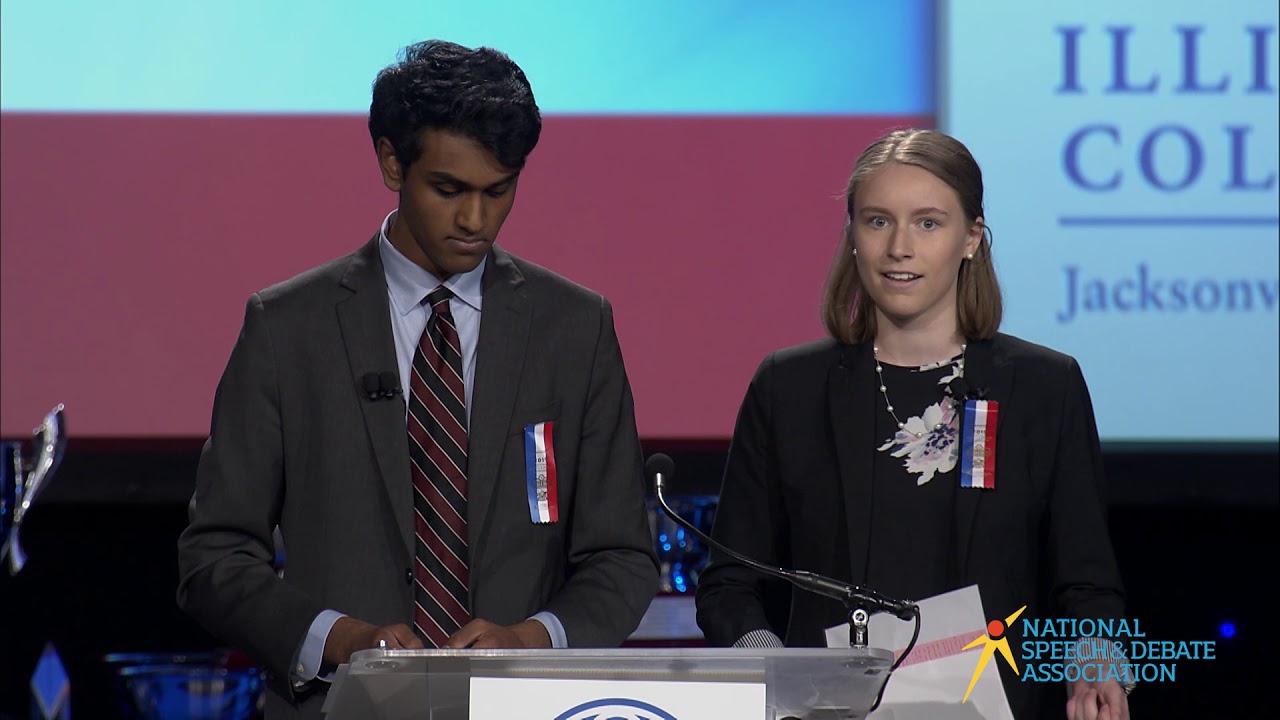The world as a whole has some debate.
I liked reading a summary of what debates are being had in the world. I liked the topics you talked about in this article.
What about in person debate panels? That’s something that’s harder for low status people do, but intellectuals do them some. You could bring up how intellectuals should have debates instead going through the hassle of organizing an in person debate. If the standard for serious debate was textual, and such in person were seen as entertainment, intellectuals would probably debate more because it’s more practical.
What about academic debate through peer-review or writing papers back and forth, like I kind of expected existed? I think maybe you should address this in a topic with this title.
There exist debating societies but that’s different than using debate as part of real truth-seeking in fields like physics or philosophy. Debate clubs tend to focus on things like impressing audiences within time limits, not trying to reach an objective conclusion.
At debate clubs, people often debate a specific narrow issue out of context of other ideas, and they don’t want to connect things to philosophical and scientific premises, and they may say contradictory things in different debates.
Why not use “sophistry” to describe this type of debating and contrast it with the behavior of Socrates? I like thinking about Socrates and the sophists when thinking about you advocating debates. I think the imagery/associations would be effective for convincing people of our idea of what debates should be like.
I could see it possibly being tribalist rhetoric just because we’re labeling one group pejoratively. But I think it’s objective and deserved.
I think it’s fine to do such ad-hoc debates for practice though. But sophistry is for being effective in debate, so that is what you’re doing in those kinds of debates, and you should progress beyond it after some time (or do both). If you don’t progress to truth seeking debates, all you did was become a sophist.
Debate ought to work more like an imaginary boxing league (that resembles reality somewhat): It’s reasonably easy to challenge people who aren’t very successful. If you win, you can challenge people a bit higher up in the hierarchy. If you keep winning, you can work your way up to the top.
I like this comparison.
Also, in my experience, a lot of fields actually have a lot of missing literature where things aren’t written down as thoroughly as people might assume. Finding fields with big gaps in the arguments in their literature is important to organizing human knowledge, truth seeking, and debating which schools of thought are actually right.
People have blind-sides. It would be beneficial if people with different perspectives could point out to you that there are gaps that you’re unaware of. And having an intellectual culture more open to debate would help make that happen.
Schools of thought that just ignore other schools of thought that contradict them are irrational.
Would you generally say that intellectuals know too little about their contradicting schools of thought?
